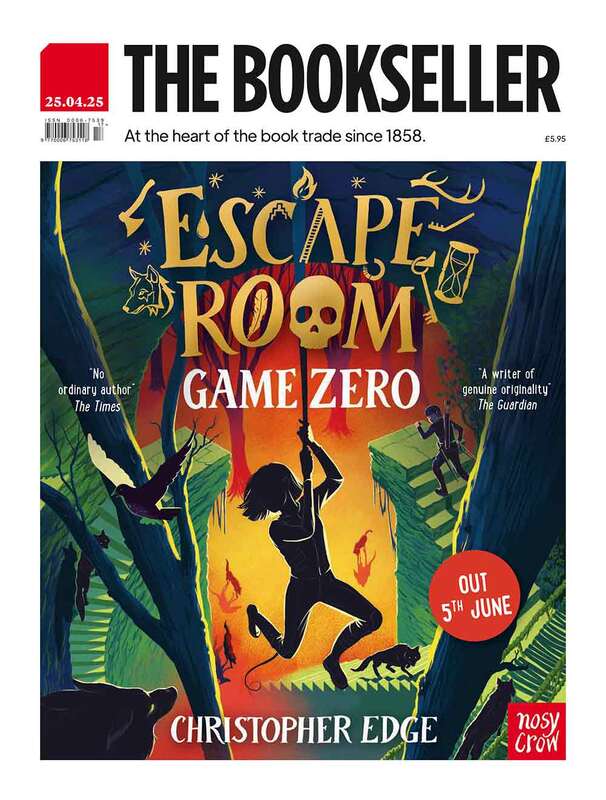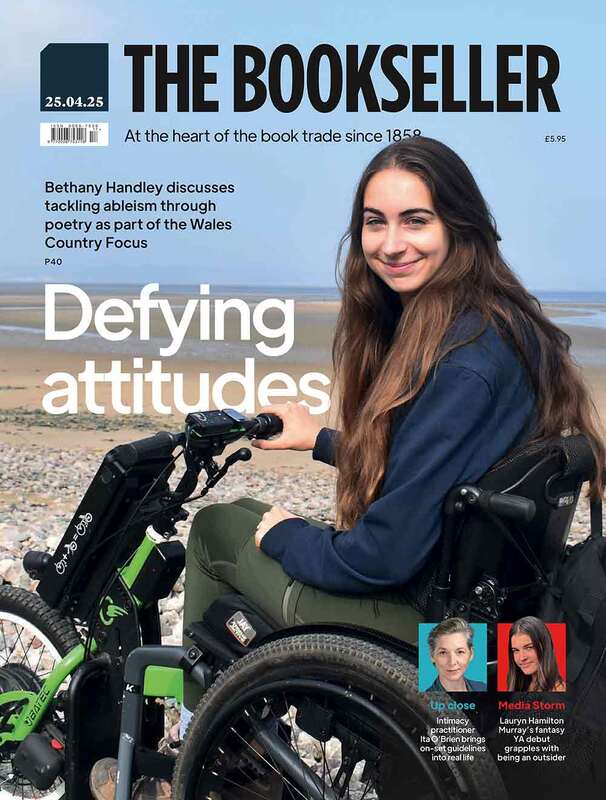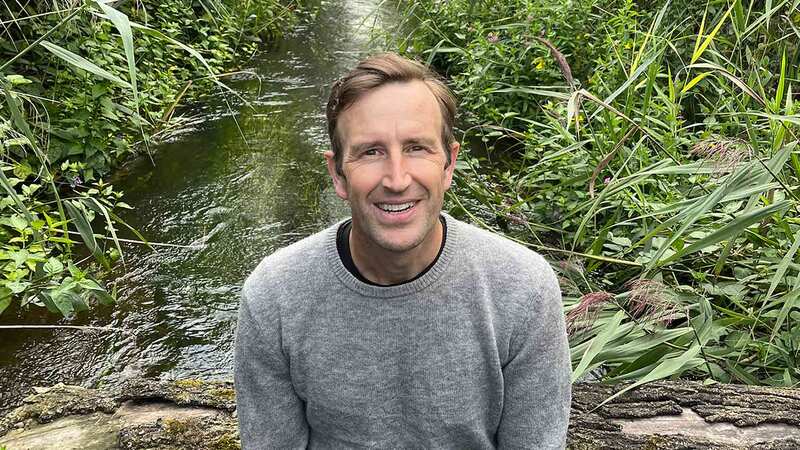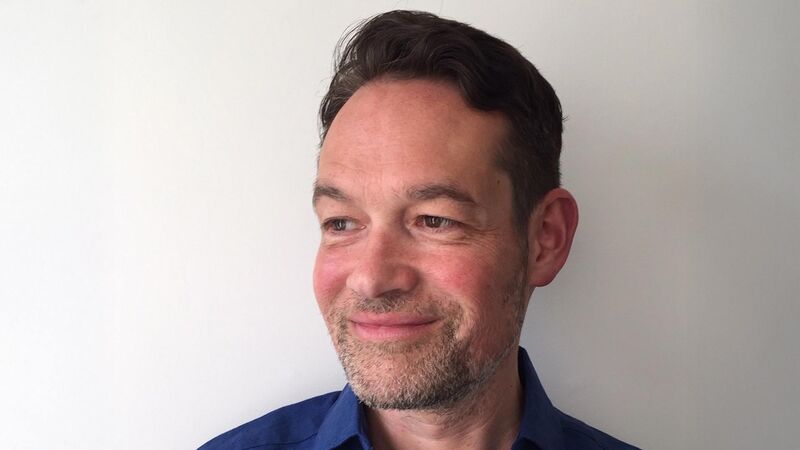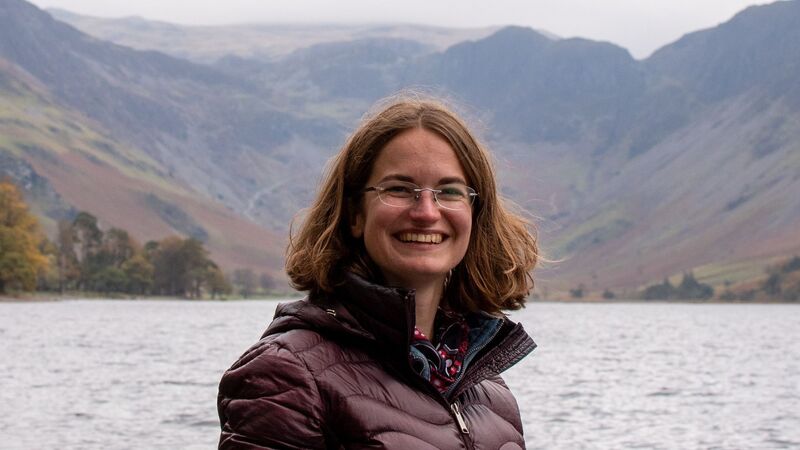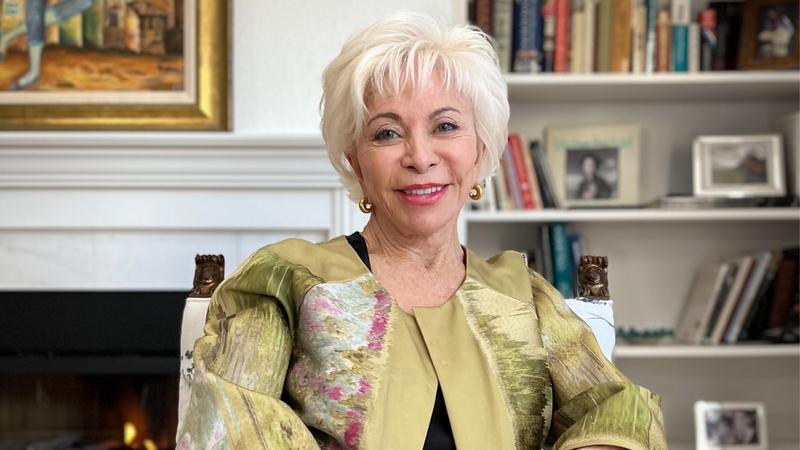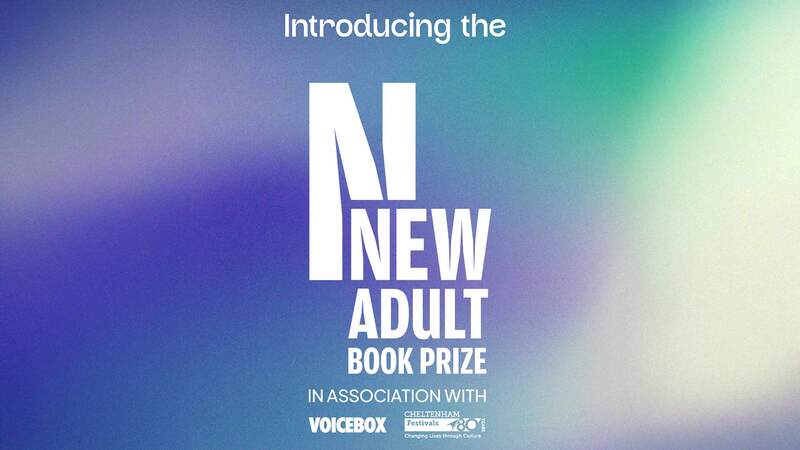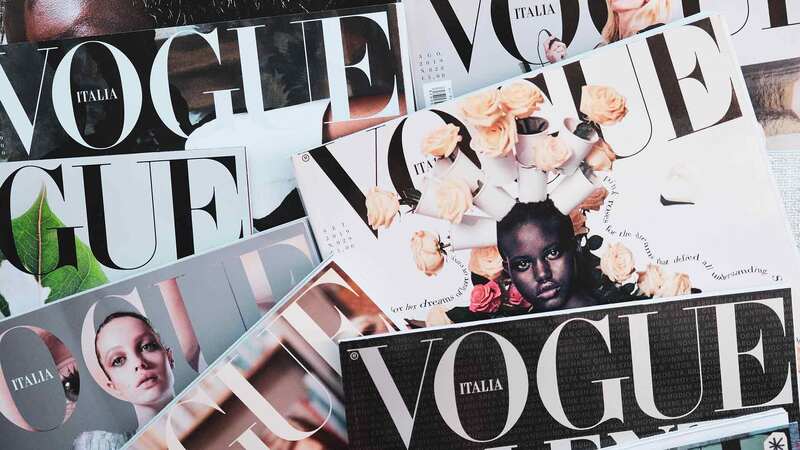You are viewing your 1 free article this month. Login to read more articles.
A L Kennedy blasts publishers for attitude towards translated literature
Author A L Kennedy last night blasted British publishers for not publishing more literature in translation on account of risk and expense, while she said the UK risks becoming “an increasingly racist island” set “adrift in a shrinking culture” after it leaves the European Union.
Less than 5% of books published in the UK are translated from another language, Kennedy pointed out; and in fact, according to a report published last year on the translated fiction market, commissioned by the Man Booker International Prize and using statistics from Nielsen Book, the proportion of translated fiction published is “extremely low” at 1.5% overall and 3.5% of literary fiction.
Part of an address originally given at European Literature Night, hosted by the British Library, the Royal Society of Literature and EUNIC, on the future of European writing, Kennedy passionately argued that writers have a responsibility “to resist” and to “say more and more often” on behalf of all “citizens of Nowhere”. Prime minister Theresa May used the phrase at the Conservative Party Conference in October, when she equated being a “citizen of the world” with being “a citizen of nowhere”. It refers to the poor, the sick, the old, the refugees, the immigrants, the non-white, the non-Christian and the non-compliant, Kennedy said.
Kennedy said British publishing’s aversion to risk meant it currently had “little appetite” for foreign works, especially since the abolition of the Net Book Agreement which fixed prices for books, which she lamented had led publishers “into a territory of simple calculations, of profit and loss”. In the UK, translators are “particularly poorly rewarded”, she added, and their positions “always insecure” - a state of affairs that limits the range of literature UK readers are exposed to.
Declaring herself a proud “citizen of nowhere” and “a citizen of the world”, she said writers had always been influenced by other cultures - from Shakespeare, who was influenced by Ovid, to Dickens “in love with France” .
“If you prick us, we’ll bleed Europe, the world, Nowhere, human blood," she said. To reject such a cultural connection to Europe is “dangerous”, she went on, equating this with a fundamental denial of “our communal humanity at our deepest emotional and intellectual levels”.
She pointed out that, though our democracy in the UK is often considered "impregnable", this should not be taken for granted, either, highlighting the case of British poet Talha Ahsan who was detained in the UK in 2006 for over six years without trial and extradited to the United States.
While the “preciousness” of literature in translation, and the “urgency” with which writers will attempt to communicate will only grow after Brexit, this will not automatically lead to an increase in the publication of foreign works as a response, Kennedy warned.
"Why am I translated? Because the world is still kind enough to read UK authors," Kennedy said. "They have not slipped us into Nowhere and turned the key. Above all, Europe reads us, although we don't return the favour. Britain has little appetite for foreign work. Or, perhaps more accurately, British publishing has little appetite for foreign work - it might be a risk, it would involve the expense of translation. Expense and risk worry UK publishers. After the destruction of the Net Book Agreement - a destruction only quietly resisted - publishers passed into a territory of simple calculations, of profit and loss."
She went on: "Translators always tend to be the unsung and underpaid heroes and heroines of international literature. In the UK they are particularly poorly rewarded and their position is always insecure. That insecurity, lack of money and therefore lack of time all undermine their position and therefore what we hear from the wider world and from our nearest neighbours. And what we hear really is only a little. For more most of my lifetime as a writer, less than 5% of all our books printed in any year are translated from any language. I am a writer built out of Chekhov, Calvino, Levi, Perucho, Vian, Alfau and so many other terribly foreign and European voices. I am writer who walked in Paris, in Moscow, in Granada and had, a dreamlike way, already been there in books and books and books. There was no culture shock, there was only a larger and larger culture, echoing and debating and rippling before and behind. There is so much Nowhere in me."
She added that writers after Brexit will rely on Europe for moral and intellectual support. "We will also rely - as we have done for many years - on Europe for a significant proportion of our incomes," Kennedy warned.
Kennedy was joined at the event by German novelist Clemens Meyer and Italian novelist and film maker Francesca Melandri on a panel chaired by Arifa Akbar.

